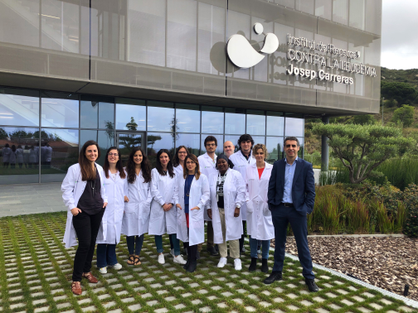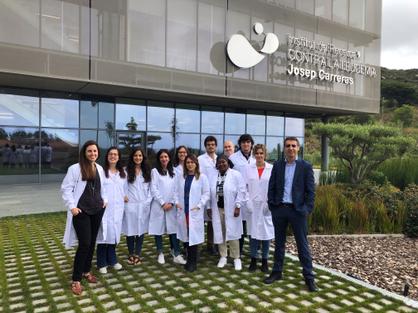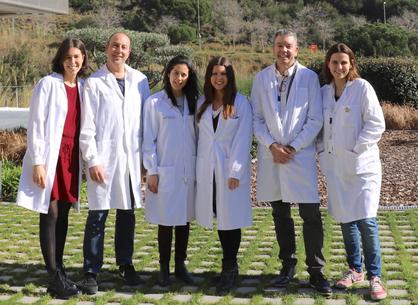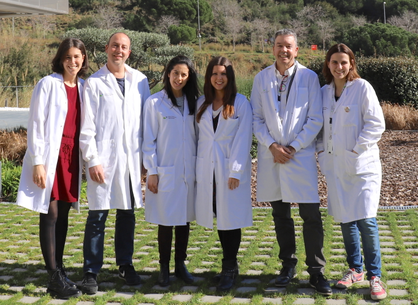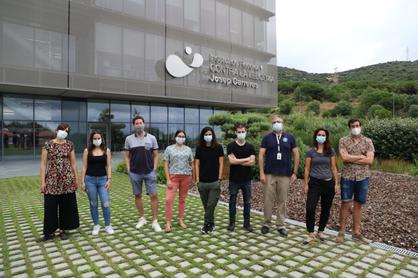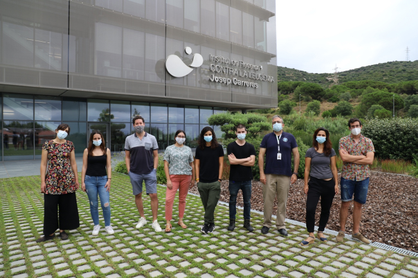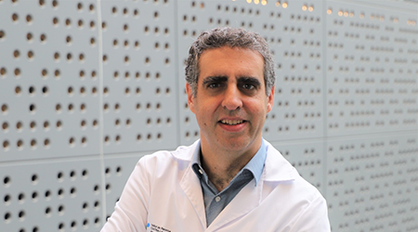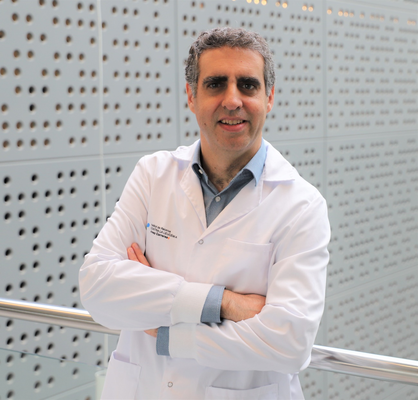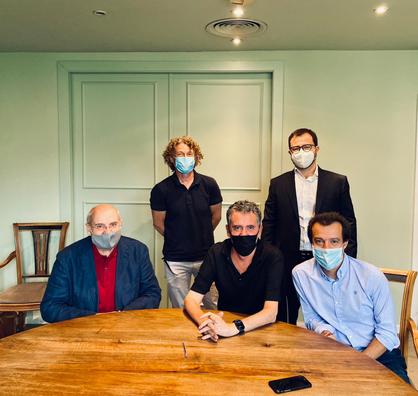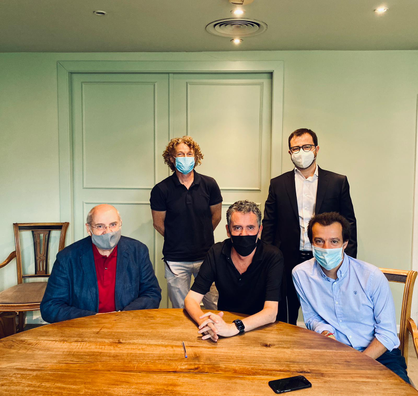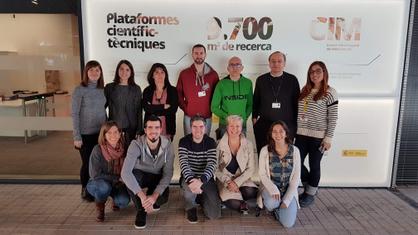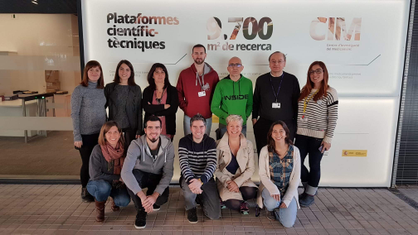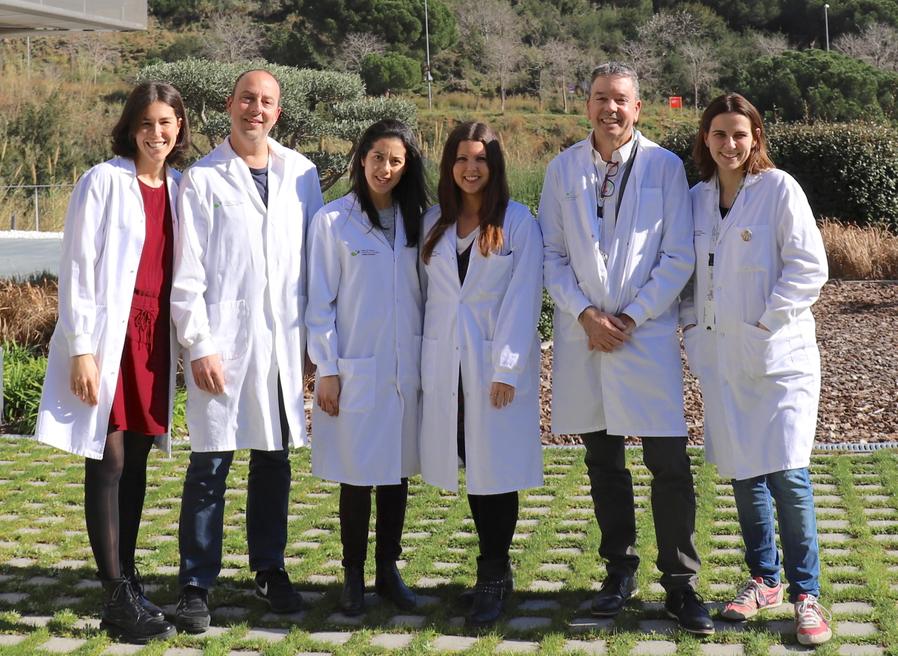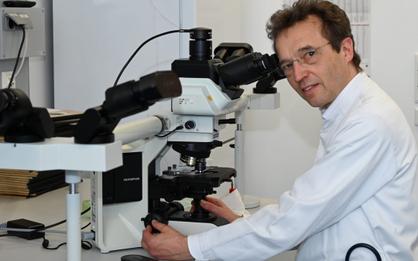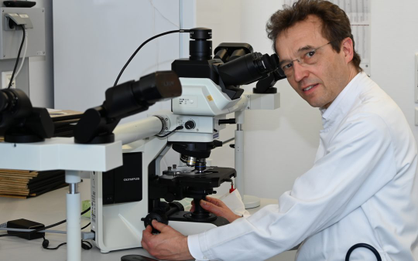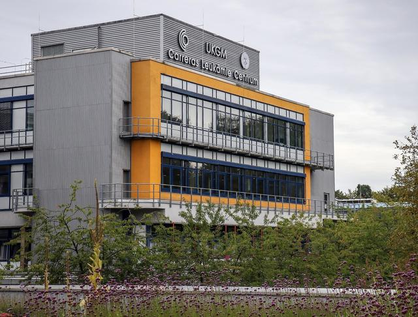Dr. Menéndez says, “OCI is the vehicle that will enable us to take all the work we have been doing over all these years and apply it to clinical use. At the academic level it is very complicated to develop these strategies and manage all the regulatory mechanisms associated with the development of a product. OCI will enable us to carry out all the necessary steps so that all our knowledge can be available to patients”.
Antoni García Prat, The Josep Carreras Foundation’s administrator, says “The Foundation is participating in the initial investment by Invivo Ventures and CDTI in support of translational research and also in support of the foundational team. It should be borne in mind that the projects are directed towards rare or childhood blood diseases, or others with few therapeutic alternatives, and that, should the Foundation benefit financially, the proceeds will be entirely invested in the fight against leukaemia, always to the benefit of patients”.
Prof. Evarist Feliu, president of the Josep Carreras Leukaemia Research Institute’s Delegate Committee, says, “At the present time immunotherapy constitutes a wide and hopeful field for cancer treatment. Its major clinical interest is currently focussed on immune system checkpoint inhibitors and adoptive therapy strategies with T cells, with more than 700 clinical trials taking place throughout the world for the treatment of malignant blood diseases and, to a lesser extent, solid tumours”.
Jorge Alemany, CEO of OneChain, adds, “OneChain is a perfect example of Public Private Partnership (PPP) for the benefit of patients. A representative of the voluntary sector (FJC) promotes a project thanks to the support of the public sector (ICREA and CDTI) and private effort (Invivo)”.
Dr. Lluís Pareras and Albert Ferrer, founding partners of Invivo Ventures, say, “We are joining forces with the Josep Carreras Foundation and the Josep Carreras Institute to develop a CAR-T platform with potential for the clinical application of solutions for devastating blood diseases. This platform, led by Dr. Pablo Menéndez, includes the CAR-T CD1a programmes, as well as two other platforms, which we can not disclose at the moment, but which we hope will be able to significantly improve the lives of many cancer patients”.
ADDITIONAL INFORMATION
Thymic cortical T-cell acute lymphoblastic leukemia
More than 350 children are diagnosed with leukaemia every year in our country. Leukaemia accounts for around a third of childhood neoplasias.
Childhood leukaemia is an aggressive kind of blood cancer. The affected cells can be of the lymphoid or myeloid lineage. The most usual kind of leukaemia in children is of lymphoid origin, the most common kind being acute lymphoblastic leukaemia (ALL), which accounts for approximately 80% of childhood cases.
Acute lymphoblastic leukaemia in turn can originate in B or T lymphocytes. 80% of childhood acute lymphoblastic leukaemias are B type.
8 of every 10 children manage to overcome the disease. In the case of T-type ALL fewer than 100 cases are diagnosed every year in Spain and these are “subdivided” into four main kinds by means of immunophenotyping studies: Pro-T, Pre-T, thymic cortical and thymic mature.
Cortical T-cell acute lymphoblastic leukemia (coT-ALL) accounts for 40% of T-type acute leukaemias. Fewer than 30 children are diagnosed with this every year in our country. Usually they are adolescents between the ages of 11 and 17. A third of them do not respond to existing therapies and we can not offer them any further opportunities with the current arsenal of therapies.
About Dr. Pablo Menéndez
Dr. Menéndez was born in Avilés, Asturias, in 1974. He graduated in biochemistry from the University of Salamanca (1997) and as a Doctor of Medicine (Hematology) from the same university in 2002, under the supervision of Prof. Alberto Orfao and Prof. Jesús San Miguel. He carried out his postdoctoral training in stem cell biology at the Mick Bhatia laboratory in Canada from 2003 to 2005, and in childhood leukaemia at the laboratory of de Mel Greaves in London from 2005 to 2007. In 2007 he was appointed director of the Stem Cell Bank of Andalusia and directed his own laboratory at the Biomedical research Centre in Granada until July 2011, when he commenced work as a lead researcher at the Pfizer-University of Granada-Junta de Andalucía Centre for Genomics and Oncological Research (GENYO). In June 2013 he was appointed ICREA Research Professor and Research Director of the Josep Carreras Leukaemia Research Institute’s Hospital Clínic-UB Campus.
About the Josep Carreras Foundation
The Josep Carreras Leukaemia Foundation was established in 1988 with the intention of contributing to finding a definitive cure for this disease. Its efforts are concentrated on four basic areas: administering the Spanish Bone Marrow Donor Registry (REDMO), scientific research, carried out by the Josep Carreras Leukaemia Research Institute, patient guidance through an online patient consultation channel, and reception apartments for patients who need to undergo treatment and have to spend a long time far from home.
About the Josep Carreras Leukaemia Research Institute
The Josep Carreras Leukaemia Research Institute, a public centre pertaining to the Generalitat de Catalunya’s CERCA network, was established in 2010 with the aim of furthering biomedical research and personalised medicine in the field of leukaemia and other onco-hematological diseases. It is the first research centre in Europe exclusively focussed on leukaemia and malignant blood diseases, and one of the very few in the world. The Josep Carreras Institutes has three coordinated but independent scientific campuses: University of Barcelona Hospital Clínic Campus, The Catalan Institute of Oncology/Germans Trias i Pujol Campus, and the Sant Pau – Autonomous University of Barcelona (UAB) Campus.
About ICREA
ICREA, Catalan Institution for Research and Advanced Studies, is a foundation funded by the Catalan Government. ICREA was established in response to the need for new contracting formulas that would make it possible to compete on a level playing field with other research systems, with a view to contracting outstanding and highly-talented academic and scientific staff. ICREA is an open institution. It works shoulder to shoulder with Catalan universities and research centres to integrate ICREA researchers into the Catalan research system. ICREA offers researchers from around the world permanent posts to come and conduct research in Catalonia. Over the years it has become synonymous with academic excellence around the world. ICREA has researchers in all fields of knowledge who carry out their research work in 48 universities and research institutions in Catalonia.
About CDTI
The Centre for Industrial Technological Development (CDTI) is an organ of the General State Administration that supports knowledge-based innovation. It provided guidance and public funding by means of grants and partially reimbursed funds. The CDTI also internationally projects business R&D projects and innovation for companies and Spanish organisations. It manages Spanish participation in international R&D&I organisms, such as Horizonte2020 and Eureka, and in the Science and Space industries. Furthermore, through the Innvierte Economía Sostenible initiative, it supports and facilitates the capitalisation of technological companies.
About Invivo Ventures
Invivo Ventures FCR invests in life-science companies at an early stage and is administered by Invivo Capital Partners, an administrative company founded by Dr. Lluís Pareras and Albert Ferrer. Both administrators have wide experience in the sector and also administer the risk capital company, Healthequity SCR. Invivo Ventures FCR has a majority of private investors with the support of a number of institutional investors such as, the European Investment Fund (EIF), Fond-ICO Global, the Institut Català de Finances and the Institut Valencià de Finances.
